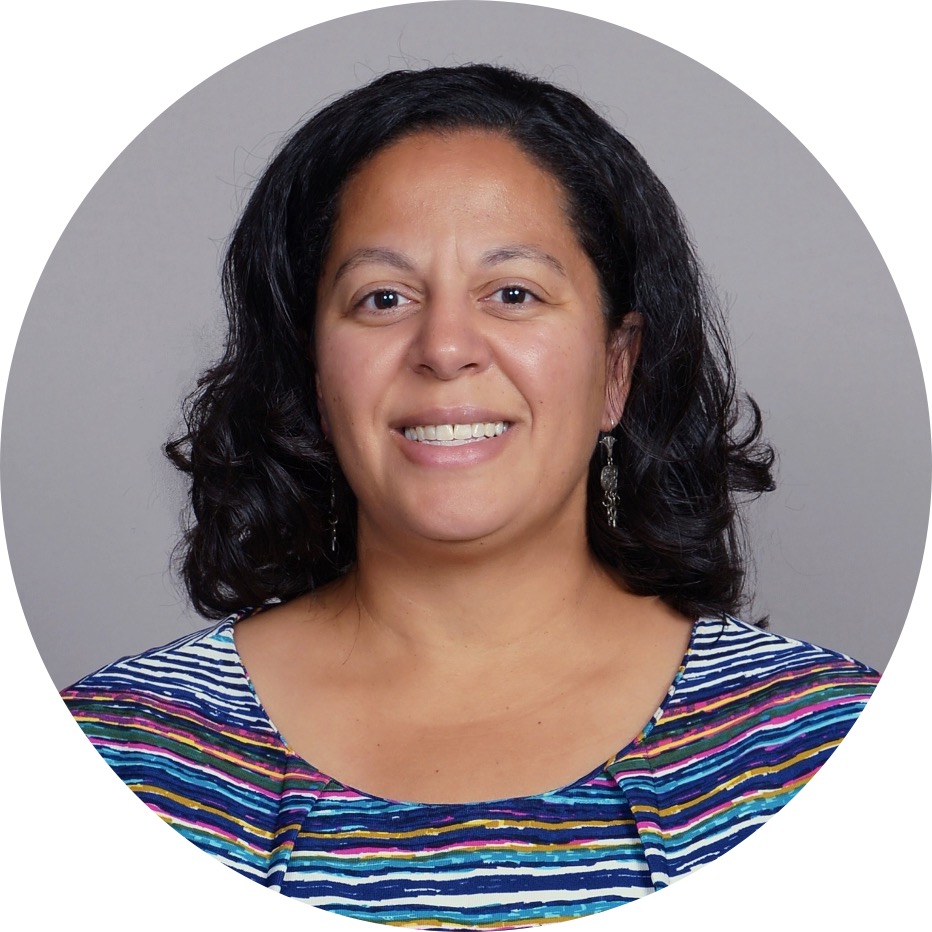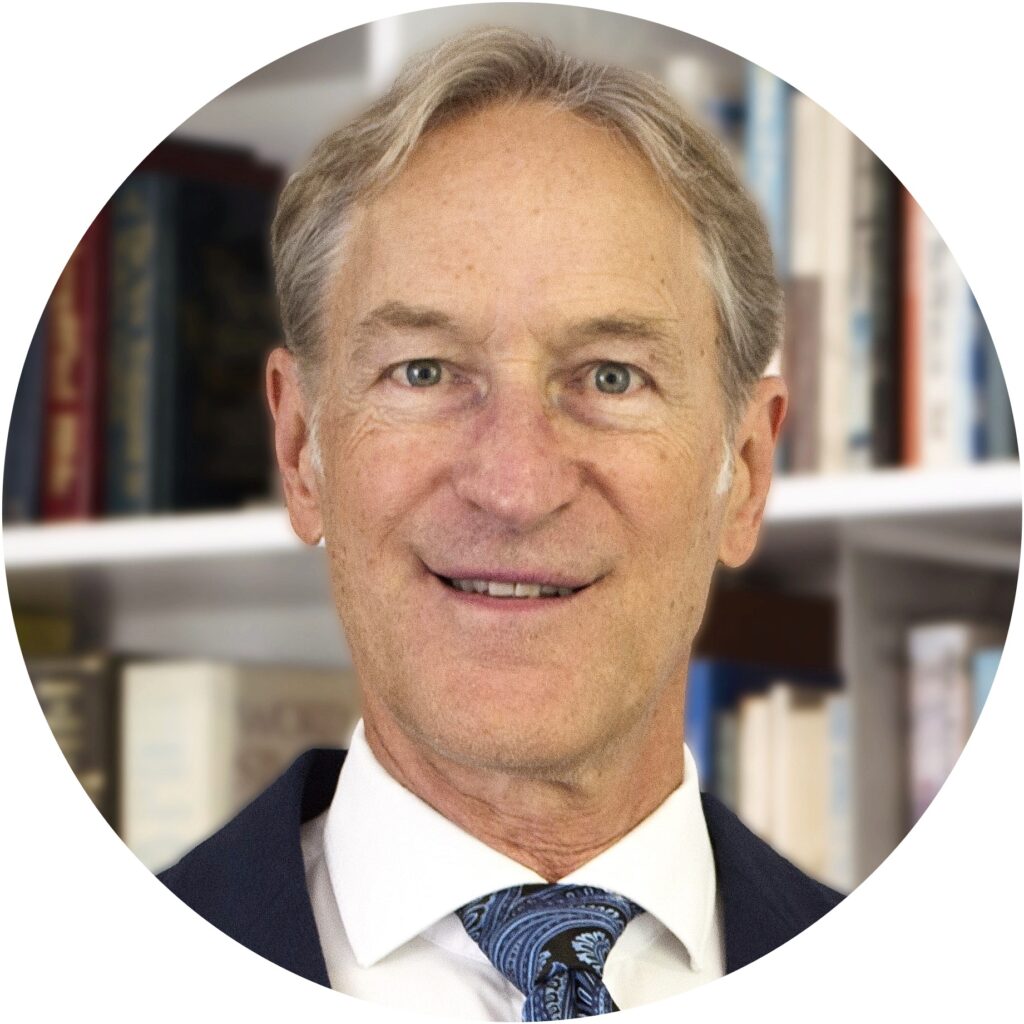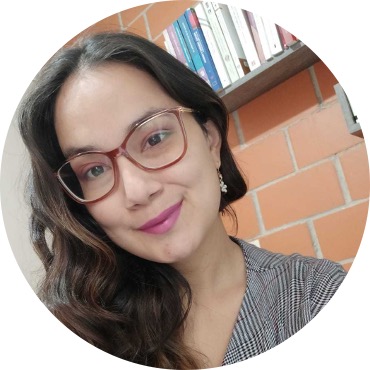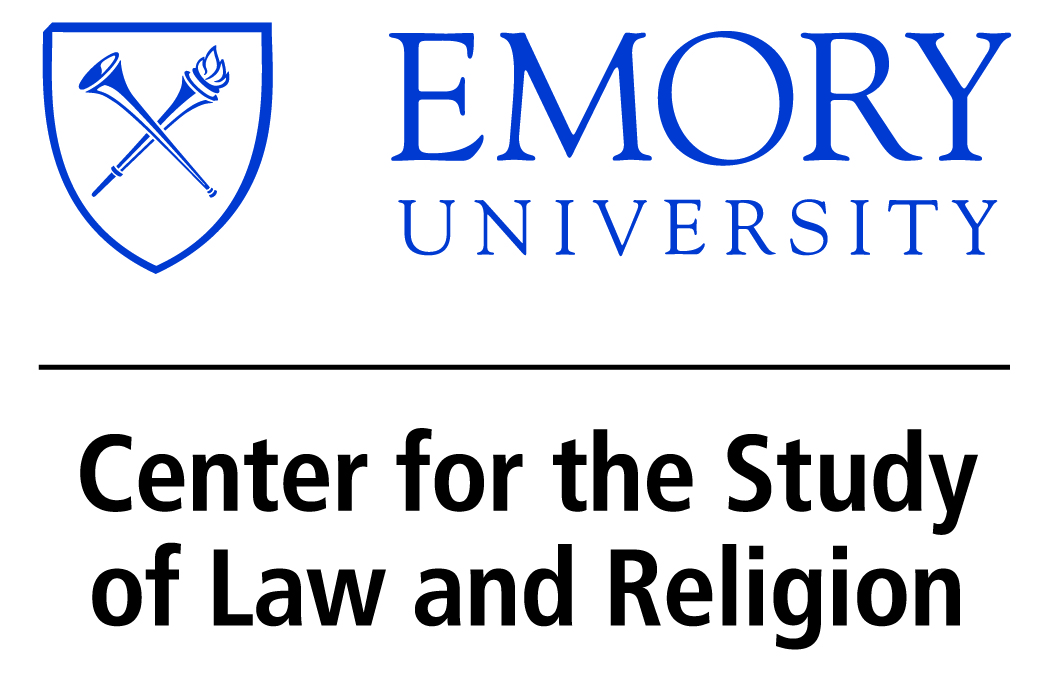
Masking Religious Freedom Violations
A Virtual Conference
November 2024
Palais building of the Court of Justice of the European Union by Cédric Puisney (CC BY 2.0).
The Center for the Study of Law and Religion at Emory University and Canopy Forum in collaboration with the International Institute for Religious Freedom hosted a virtual symposium, Masking Religious Freedom Violations on November 20th at 10am to 12pm EST.
This symposium explores the complex and multifaceted nature of religious discrimination, moving beyond traditional analyses and narrow definitions to incorporate perspectives from political economy and human security. The discussion addresses the limitations of conventional approaches to the empirical study of religious freedom violations, which often focus on overt displays such as the prohibition of religious literature, restricted access to places of worship, and limitations on the registration and activities of religious organizations. Instead, we seek to highlight how religious minorities, while sometimes enjoying traditional protections to a certain degree, face significant subversive discrimination in other critical areas such as access to loans, inheritance rights, education, and fertilizers. In addition to this empirical element, the symposium will explore new epistemological frameworks to better understand and articulate the complexities of religious discrimination. By incorporating these diverse perspectives, the symposium aims to set a new research agenda that broadens the understanding of religious freedom to include economic, social, and political dimensions, thereby providing a more comprehensive framework for analyzing and addressing the challenges faced by religious minorities worldwide.
Essays explore various topics:
- The evolution of instruments created to measure religious freedom violations, their benefits and their limitations.
- Religious freedom in national contexts, specifically the varied circumstances surrounding atypical forms of religious discrimination
- Additional scholarly insights into the way the law has been interpreted, mobilized or disregarded in furtherance of unchecked religious discrimination beyond the typical categories.
- Policies, next steps, or reconceptualization for a more nuanced religious freedom protection regime.
- The role of global human rights regimes on religious freedom protections in light of ‘masked’ religious discrimination
- The role of education and research in university settings in strengthening policies that uphold religious freedom
- Perspectives on the next frontiers of religious freedom scholarship, especially with mind towards multi-disciplinarity and new angles for informing the project of religious freedom.

“Lifting the Mask on Undetected Religious Freedom Violations”
Dennis P. Petri, PhD is the International Director of the International Institute for Religious Freedom and Founder and scholar-at-large of the Observatory of Religious Freedom in Latin America. He is a Professor in International Relations and Head of the Chair of Humanities at the Latin American University of Science and Technology and the Latin American Faculty of Social Sciences.

“Regulation of FoRB Rights by Organized Crime in Mexico: A Real Although Largely Overlooked Issue“
Teresa I. Flores is a lawyer who graduated from the Santo Toribio de Mogrovejo Catholic University, Peru, with a Diploma in Religious Studies from the Pontificia Universidad Católica de Chile. She is the director of the Observatory of Religious Freedom in Latin America and a member of the Latin American Consortium of Religious Freedom, with experience in research and the study of religious freedom in the region. She has given lectures on issues related to hostilities against the right to religious freedom in different academic and political forums, with publications about those topics.

“Lessons Learned from Public Policy in Colombia to Identify Violations of Religious Freedom“
John Fredy Osorio Cardona is a PhD Candidate in Development and Territorial Studies at Universidad de la Salle in Colombia. He has served as a public official and state contractor, and worked for three years at the Directorate of Religious Affairs of the Colombian Government. He has also been an international speaker on peace and religious freedom projects, both in-person at events in Chile, Morocco, and South Africa, and virtually at academic events based in the Netherlands, Mexico, and the United States. As an academic initiative, he created the Worship-LAB, a multidimensional perspective laboratory on places of worship. Contact: jfosorioc@unal.edu.co

“Masked Discrimination Against Vodou and Other African Diaspora Religions”
Dr. Danielle N. Boaz is Professor of Africana Studies at the University of North Carolina at Charlotte, Co-Editor of the Journal of Africana Religions, President of the International Commission to Combat Religious Racism, and a member of the Working Group on Race, Justice, and Africana Religions. From 2022-2024, she was a member of the Racial Justice and White Supremacy pod of fellows at the Public Religion Research Institute (PRRI).

“Religious Freedom: An Impediment of Two Words”
Jim Wallace is a professor, author, religious leader, and consultant. He specializes in International Relations and Religion, focusing on U.S.-China relations, political Islam, religion in the battle space, and religion and American foreign policy. Jim has served for over 35 years as a clergyman, political advisor, and government consultant in the United States and Canada.

James Bultema, a graduate of Wheaton College (BA), Denver Seminary (MDiv), and ETF Leuven (PhD), has lived since 1990 in Turkey, where he and his wife founded the St. Paul Union Church, Olive Grove Camp, St. Paul Cultural Center, Mozaik Cultural and Sports Center, Akdeniz Jubilee Church, and other related ministries. His soon-to-be-published doctoral dissertation, “Free Enough to Grow: The Turkish Protestant Movement, 1961-2016,” addresses and illustrates the tensions between religious freedom and Christian mission in a Muslim-majority context.

“Discrimination After Death: The Afterlives of Muslims in Spain”
Dr. Paula M. Arana Barbier is a postdoctoral fellow at the University of Heidelberg with the Volkswagen Foundation Freigeist Project, Invisible Architects: Jews and Muslims and the Construction of Europe. Her research explores the relationships between minority religions and European states, including the regulation of religious practices in the public sphere through what she calls “governmental religious accommodation”; her latest project focuses on the study of minority exclusion after death.

Camila A. Sánchez Sandoval holds a PhD in Social Sciences from FLACSO Mexico and is an independent consultant specializing in public policy evaluation. Her main research areas include religious freedom, public policy, and the relationship between politics and religion.



